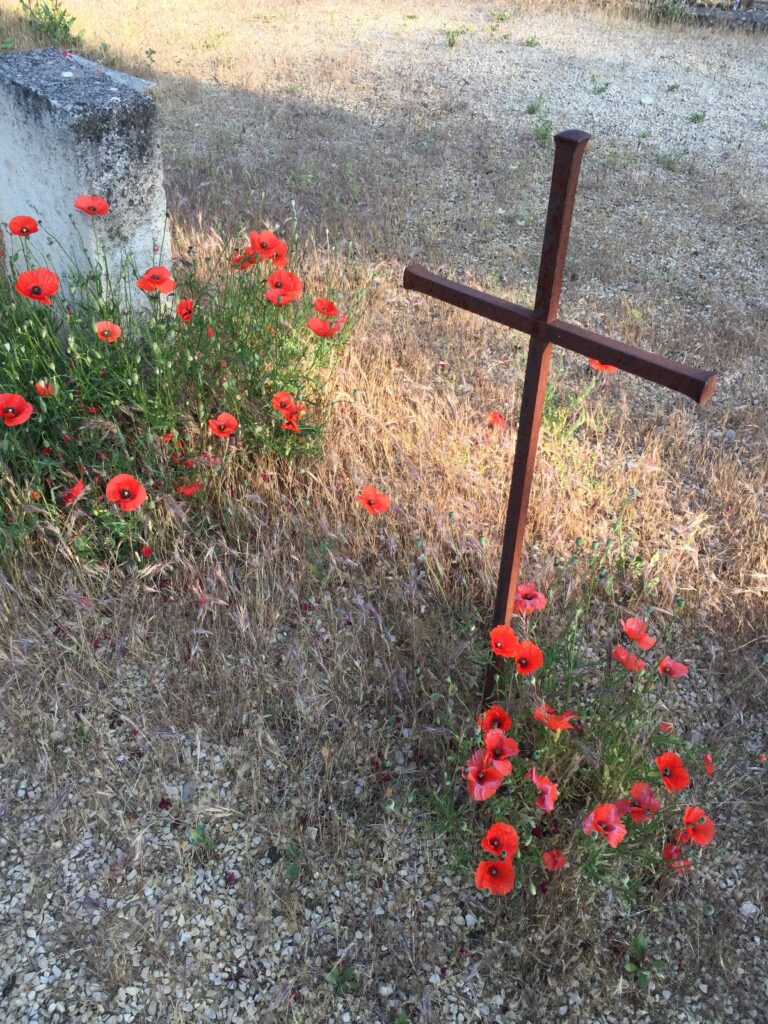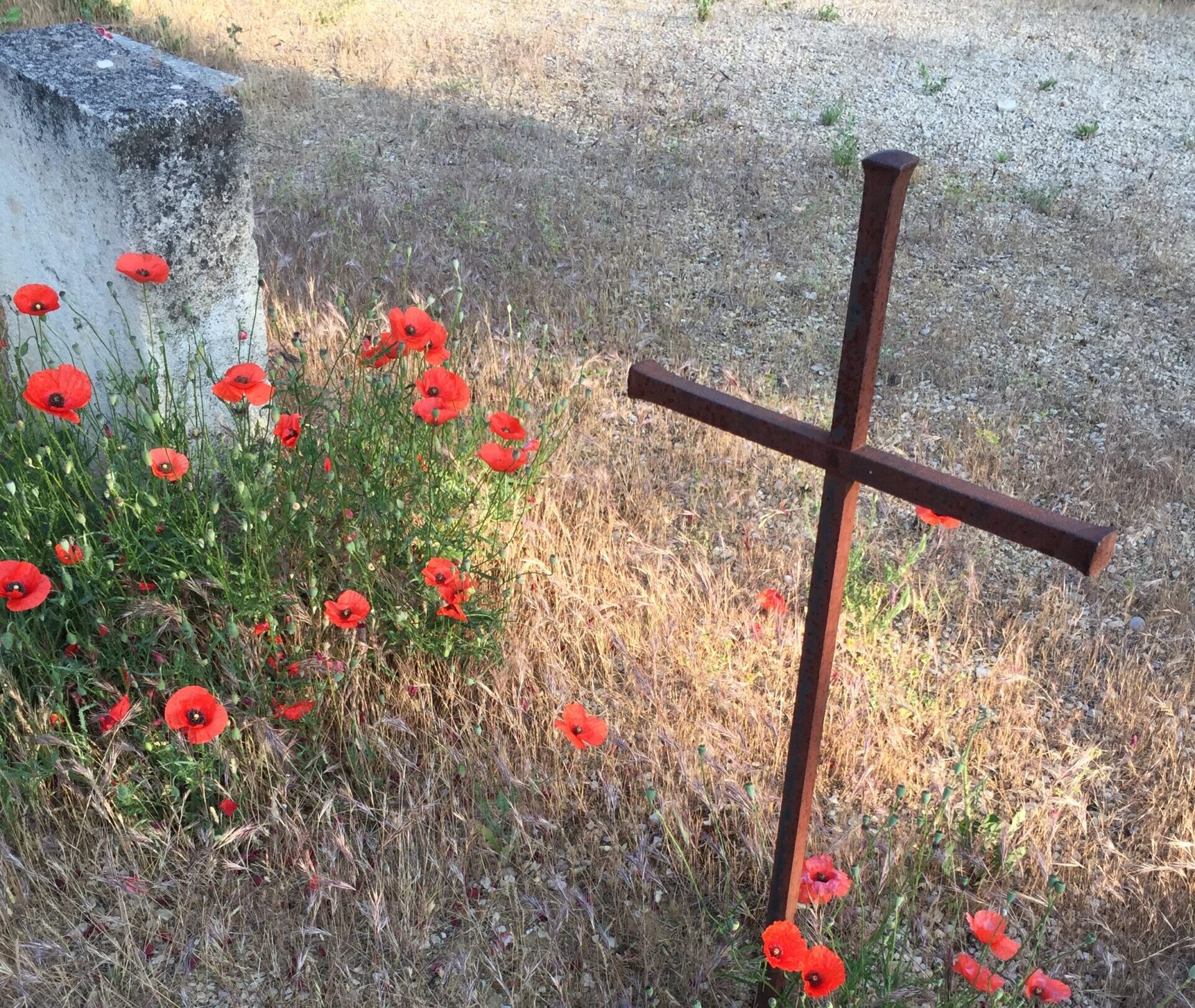
My eight-year-old daughter C asks the most annoying question: “Wait, what?”
She asks it in that way that only a frustrated eight-year-old, youngest of the family, can as she navigates the typhoon of discussion around her. Her 11-year-old sister, 40-year-old mother, 42-year-old father, 70-year-old grandmother. The dialogue around C leaves little time to pause and consider, and yet with the full force of her soul, she wants to keep up. So.
“Wait, what?”
We’ve heard the question so many times and repeated our conversations so many times, we now threaten to attach a fine to the question.
What is the cost of a “Wait, what?” 25 cents? One dollar?
Just listen, we caution her.
Tell us what you don’t understand, we coach her.
But none of this is fair to an eight-year-old who simply needs the world to slow down and wait a beat for her to catch up.
This past weekend, the Wall Street Journal published an article by Ben Zimmer titled “Pause.” Zimmer says, “At a time when it feels like so much of everyday life is in suspended animation, it is only fitting that a word appearing in lots of headlines these days is ‘pause.’”
The article takes me back to middle school life in the 1990s. Lying on my stomach on the wooden floor of my bedroom, cassette in the boom box, KISS 102.7 on the radio, finger on the pause button, waiting for the next great hit of the 90s to cue. If timed just right, in the pause between the disc jockey’s announcement and the first downbeat of the song, I could press my trigger finger to record, building the perfect mixed tape. By “press my finger,” I mean I can still feel the plastic edge of the pause button cutting diagonally across my finger pad.
I have the intensity of “Wait, what?” at my fingertips.
Ben Zimmer informs me in his article that the symbol for “pause”, that pair of slashes on the boombox button, came from the annotation in poetry for a caesura, a pause in a line of verse. Wait, what caesura? Since reading the WSJ article, I’ve been thinking back over my favorite poems, combing my memory for poetic pauses.
From Gerard Manly Hopkins “God’s Grandeur” the way the caesura breaks into the final line with “ah!”:
Because the Holy Ghost over the bent
World broods with warm breast and with ah! bright wings.
From T.S. Eliot’s “Love Song of J. Alfred Prufrock” the repetition of “there will be time” countered with the use of semicolons—the caesura of the punctuation world, neither a full stop period nor an un-punctuated line allowed to run freely into the next:
There will be time, there will be time
To prepare a face to meet the faces that you meet;
There will be time to murder and create,
And time for all the works and days of hands
That lift and drop a question on your plate;
Time for you and time for me,
And time yet for a hundred indecisions,
And for a hundred visions and revisions,
Before the taking of a toast and tea.
There will be time, I want to say to my eight-year-old C when the frustration of “Wait, what?” bottles inside her and explodes. But that’s just what her question is already asserting: “There will be time,” she tells the confusing voices around her. She insists on the pause. In this, her eight-year-old question is far wiser than anything my 40-year-old mouth can contribute to the conversation. I have words. She has a pause.
John Dewey says, “We do not learn from an experience; we learn from reflecting on an experience.”
I am a human prone to rush straight into the next sentence. No caesura. And that makes me wonder, how much can I be learning? If I were allowed, I’d be traveling today. Experiencing a different place. Culture. Food. Instead, given a newly-structured pandemic Rule of Life, I am pausing. Reflecting. Remembering travel from last year, when experience took me to a graveyard in Provence. A patch of land surrounded by vineyards and crumbling stone walls. Grass scorched to the color of wheat carpeting the plots. Albert Camus’ name on a stone. Hands that wrote words that my eyes have read decaying into bone just inches from the bones of my feet. Red poppies grow on his grave. Weeds of great audacity and demanding presence.
Unable to record new experiences, I hold pause on a trigger finger. I reflect on poppies.
Instead of fining C for slowing us down and making us repeat, should I possibly consider paying her?
What do I owe her for the gift of a “Wait, what” reflection? 25 cents? One dollar? A lifetime?
There is a bravery in interjecting, “Wait, what?”
There is bravery in motion that pauses but does not quit.
It takes bravery to speak up with curiosity and demand space rather than be silent, overcrowded, and lost.
Pause is rest in preparation for the next millisecond of momentum. Pause is space for learning.
I think of my 1993 boombox. Of the squeal the cassette made when the pause button tension released, hoping with my fingertip-whitening fervency to capture every note of “Linger” by The Cranberries.
There will be time and there will be time and there will be time. We just have to be smart and brave enough to ask for the pause.
I need to linger on “wait what?” There is time yet for a hundred visions and revisions before the taking of a toast and tea, if I’m just willing to slow down to answer the question.


Wonderful. One of your best! This brings back my own memories of trying to catch that elusive song that wasn’t on the radio enough so you could catch and bottle it, to play (and pause) it on your schedule. There is a pause in that scarcity as well. When I can stream anything I want from Spotify, the joy and serendipity of discovery is gone. That too is a pause worth reflecting on.
…